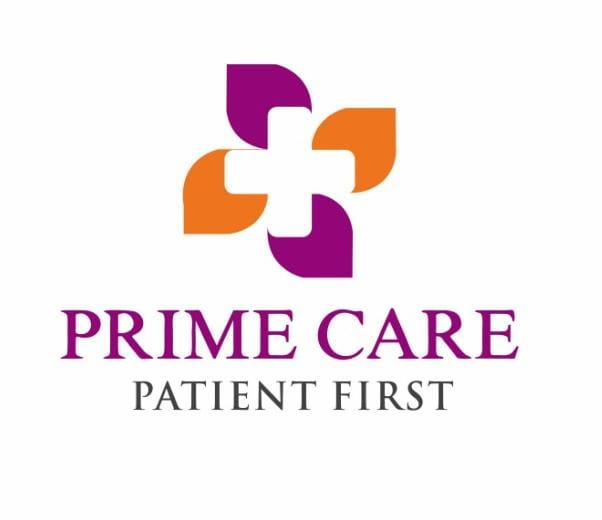Chickenpox, also known as varicella, is a viral infection caused by the varicella-zoster virus. It is highly contagious and affects children, causing an itchy rash, blisters, and fever. While mild in children, it can lead to more severe complications in adults and those with weakened immune systems. Here’s everything you need to know about chickenpox.
What Are the Signs and Symptoms of Chickenpox?
The characteristic symptoms of chickenpox include:
- Fever
- General feelings of being unwell
- Rash that starts on the face, chest, and back and spreads to the limbs
- Small, fluid-filled blisters eventually break open and crust over
- Intense itching
These symptoms appear 10-21 days after exposure to the virus.
What Causes Chickenpox?
It is caused by the varicella-zoster virus, which spreads easily from person to person. The virus transmitted through:
- Direct contact with an infected person
- Breathing in virus particles released into the air from coughs or sneezes
Chickenpox is highly contagious, especially before the characteristic blisters appear, making it difficult to prevent early transmission.
How Is Chickenpox Diagnosed?
Chickenpox is usually diagnosed based on its recognizable symptoms, particularly rash and blisters. In some cases, a blood test can confirm the diagnosis.
What Are the Treatment Options for Chickenpox?
Chickenpox is a mild illness that resolves within a few weeks. Treatment focuses on managing symptoms, including:
- Antihistamines for relieving itching
- Pain relievers to reduce fever and discomfort
- Antiviral medications for those with weakened immune systems
How Can Chickenpox Be Prevented?
- Vaccination: The chickenpox vaccine is highly effective, preventing the disease in 98% of individual who receive the two recommended doses. Children should get their first dose between 12-15 months and a booster dose between 4-6 years.
- Catch-up vaccines: Older children and adults who have not been vaccinated can receive catch-up doses to protect themselves.
- Avoid contact: Those who cannot receive the vaccine should limit contact with infected individuals to reduce their risk.
How Can You Help Your Child Cope with Chickenpox?
To alleviate your child’s symptoms:
- Ensure they get plenty of rest and fluids
- Apply cool, moist compresses to soothe the rash
- Keep your child cool to reduce itching
- Discourage scratching and use antihistamine lotions to relieve itching
- Pat the skin dry after baths, rather than rubbing
- Use over-the-counter medications to relieve fever and discomfort
Maintaining a clean environment and following these tips help ease your child’s discomfort while they recover from chickenpox.
Chickenpox is a contagious viral infection that affects children. It typically resolves on its own, but vaccination is the best way to prevent it. Supportive care, like managing itching and fever, can help ease symptoms. Vaccination and early care are key to minimizing complications.


